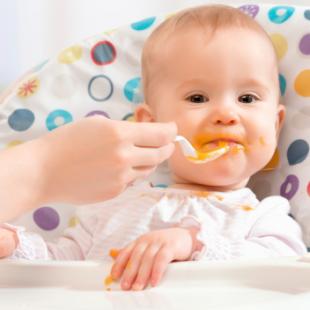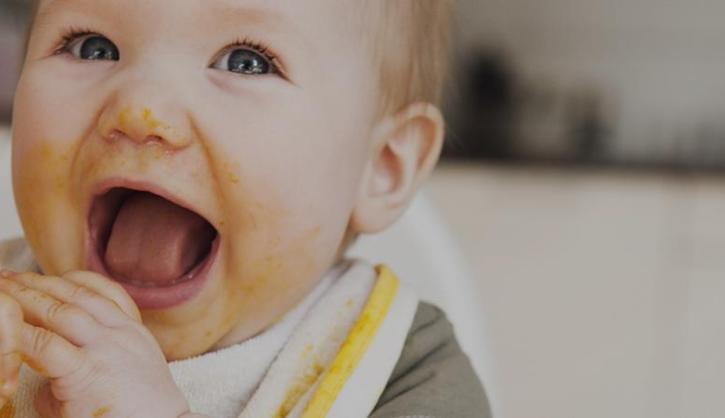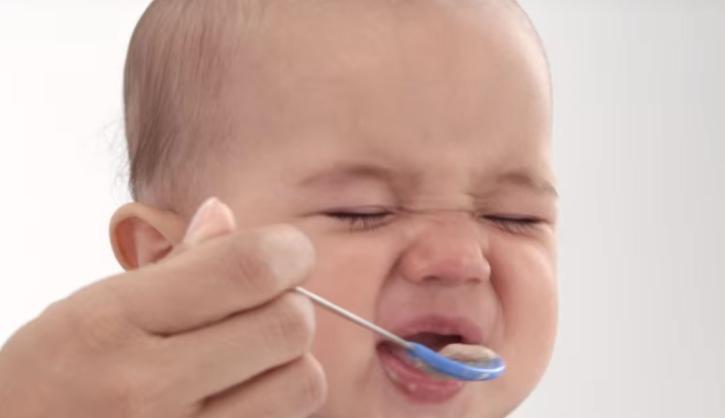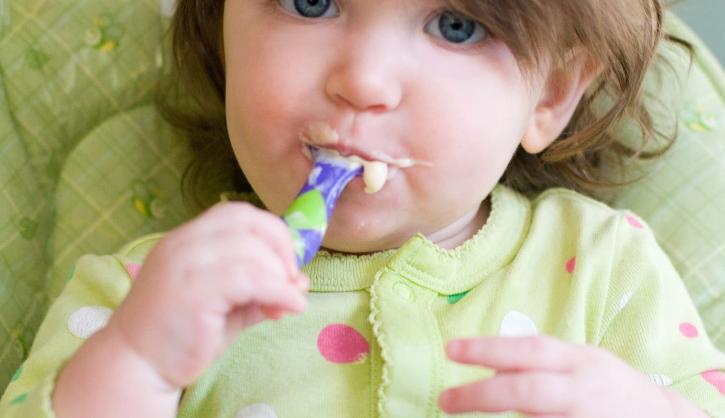Introduction
For calcium to be absorbed and to regulate its movement in and out of bones, your body needs vitamin D. For babies and toddlers, this makes vitamin D very important for the normal growth and development of their bones.
How do I ensure that my child is getting enough vitamin D?
There are many ways to ensure that your child is getting enough vitamin D. These include supplements, the sun, and food with vitamin D.
Supplements of vitamin D
A daily supplement is recommended for all infants and children aged 6 months – 5 years (unless they are drinking 500mls or more of Infant formula per day). The daily recommended supplement dose is 7.5 µg (300IU/day) of Vitamin D. Vitamin D supplements are available over the counter in some shops and chemists, or through some NHS clinics.
Vitamin D and safe sun
The ideal amount of time to spend in the sun will vary. because the production of vitamin D by the skin from sunlight depends on:
- The season – in the summer months (between April and September) sunlight is it at the right wavelength to make vitamin D in our skin. In the winter it is absorbed by the atmosphere.
- Latitude – in the south of the UK there is more sunlight at the ideal wavelength for vitamin D. Vitamin D production is slightly less in the north, as the wavelength is not ideal.
- Weather – less vitamin D is synthesised on cloudy days.
- Time outside – children have to be outside to make vitamin D from the sun, as it cannot pass through glass at the right wavelength. If your child isn’t outside a lot, they’ll have less chance of making vitamin D.
- Time of Day – more vitamin D is made when the sun is most intense in the middle of the day.
- Colour of skin – darker skins require more time in the sun to make the same amount of Vitamin D as lighter skins.
- Sunscreen use – sunscreen blocks the sun’s rays and prevents the skin from making Vitamin D. However, it is advised that by enjoying the sun safely, while taking care not to burn, your child can still make vitamin D without raising the risk of skin cancer.
When your child isn’t getting a lot of vitamin D from the sun, it is especially important to make sure they have supplements and eat .
Food sources of vitamin D
Some foods naturally contain during weaning, the inclusion of these foods can help towards their intake.
- Foods which naturally contain vitamin D include oily fish (such as sardines, pilchards, mackerel, herrings, salmon, trout and fresh tuna). It is recommended that oily fish be included in meals once or twice a week. Eggs and meat also provide small amounts of vitamin D.
- Fortified foods are a good source of vitamin D. Foods in the UK that are fortified with vitamin D are:
- Margarine
- Formula milks (infant formulas, follow-on formulas and growing up milks)
- Some breakfast cereals
- Infant cereals
- Some brands of yoghurt
A combination of vitamin D supplements, foods with vitamin D, and safe exposure to sunlight will all count towards your child’s intake.











